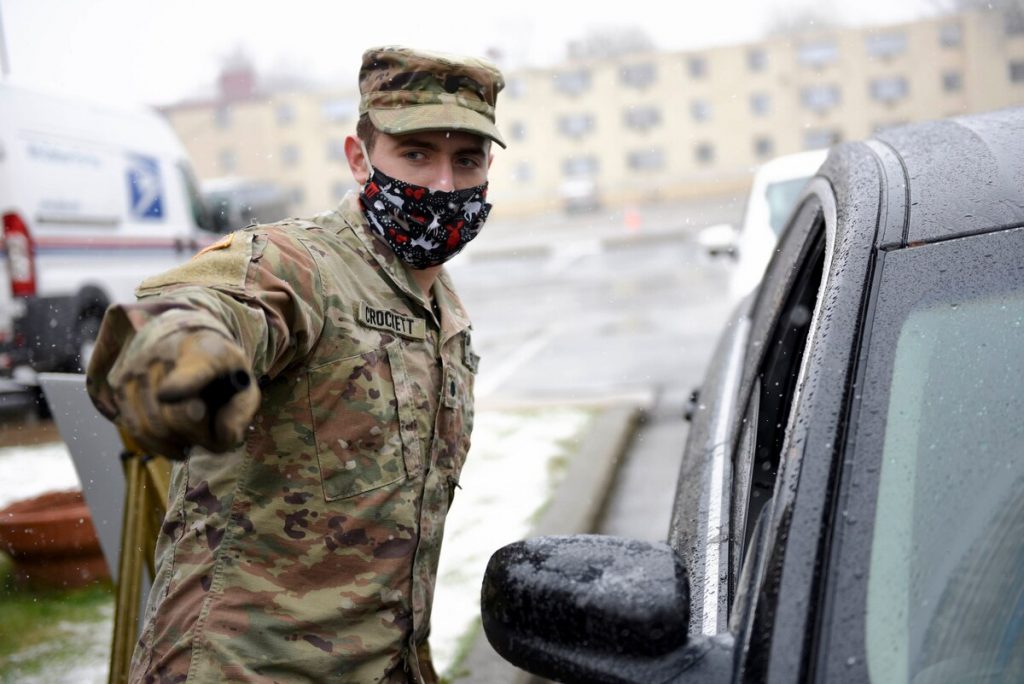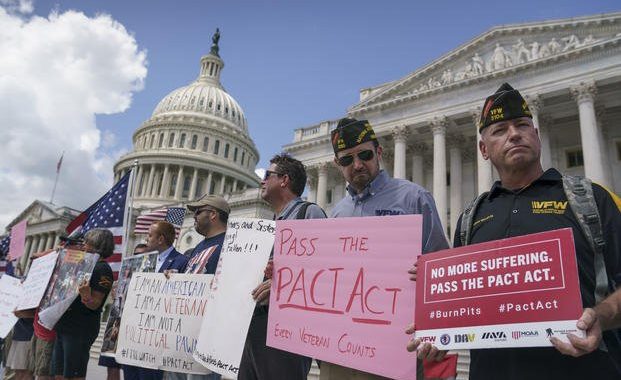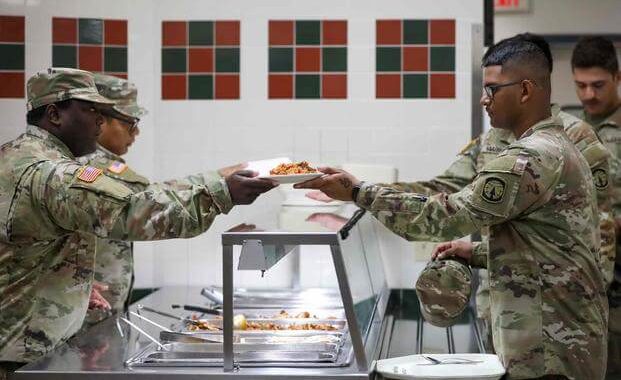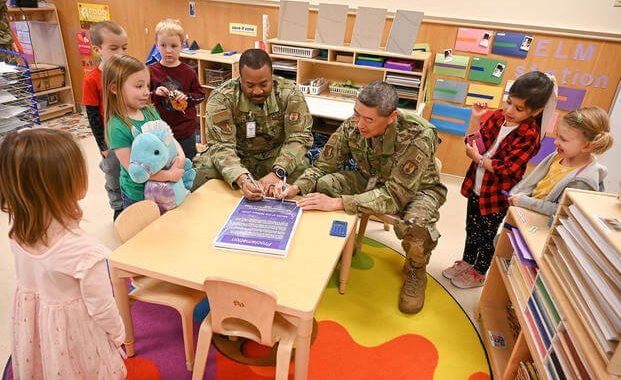Guardsmen, Reservists Could See Benefits Expand
3 min read
In recent days, leaders in Congress have offered new plans to extend veteran home loans to more Guardsmen, do away with certain medical co-pays for their families and enhance job training programs for their post-military careers.
As tens of thousands of National Guard and reserve members remained mobilized around the country for coronavirus response missions, lawmakers are pushing to expand their military benefits after that work is finished.
The moves come just a few weeks after a Senate panel included plans to award hazard pay for Guardsmen on coronavirus pandemic missions. That provision, sponsored by Iowa Republican Sen. Joni Ernst, could add up to $150 in extra wages a month for the 46,000-plus Guard members currently serving or already finished those state support efforts.
The first proposal — introduced last week by a bipartisan group of lawmakers including Senate Veterans’ Affairs Committee Chairman Jerry Moran, R-Kan., ranking member Jon Tester, D-Mont., and House Veterans’ Affairs Committee ranking member Phil Roe, R-Tenn. — would credit military service under Title 32 orders (through which the majority of Guardsmen have been mobilized) toward eligibility for Veterans Affairs home loans.
In a statement, Moran said the move would better honor the part-time troops’ current efforts in the face of a national crisis and “grant them greater access to homeownership to live the American dream after service.”
Tester in recent days has also requested the Defense Department waive all health care premiums for Guardsmen returning to reserve status after their coronavirus missions, calling it a similar responsibility of leaders to recognize the sacrifice of the troops.
Those members and their families have access to certain Tricare medical benefits while on active-duty, but individuals are required to pay two months of premiums in advance to maintain health care coverage under the Tricare Reserve Select program.
Last month, the national unemployment rate for veterans was 8.6 percent, according to the Bureau of Labor Statistics. That figure was an improvement over the rate for May and significantly below the 11.1 percent national rate, but still more than twice the level reported for veterans in the months before the pandemic.
Axne said in a statement that the new job training programs would ensure that the part-time troops who put their lives on hold for months to respond to the national crisis are “afforded the same gratitude and opportunities for successful growth as other members of our armed forces.”





